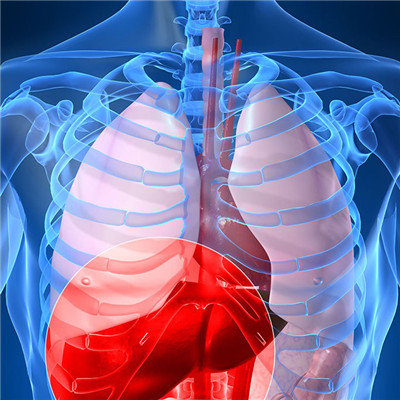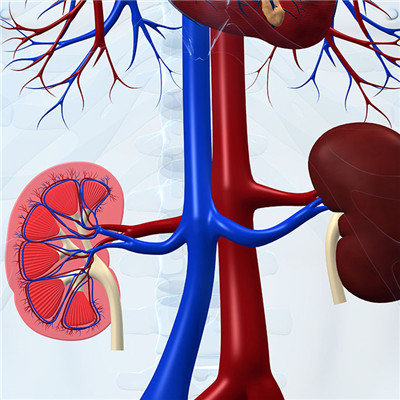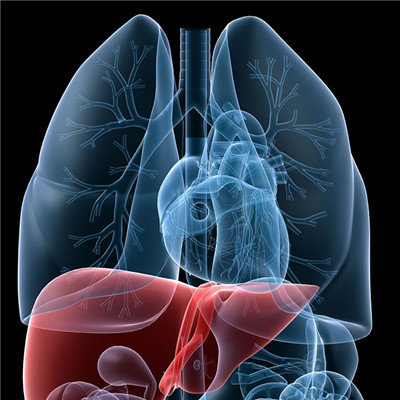What symptom is chronic nephritis syndrome?
summary
Usually, kidney disease is always "silent" in the early stage. If patients feel sick, they should go to the hospital for diagnosis and treatment immediately. However, compared with other types of kidney disease, nephrotic syndrome has its special clinical manifestations. In order to "discover and treat early", let me learn what symptoms chronic nephritis syndrome is today?.
What symptom is chronic nephritis syndrome?
First, a large amount of proteinuria is caused by abnormal glomerular filtration membrane. When the molecular barrier and charge barrier of glomerular filtration membrane were damaged, the permeability of glomerular filtration membrane to plasma protein increased and a large amount of plasma protein leaked out; When the protein content in the original urine increased more than the amount of proximal convoluted tubule resorption, a large amount of proteinuria was formed. In this case, we must control the daily protein intake, otherwise it will aggravate the disease proteinuria.
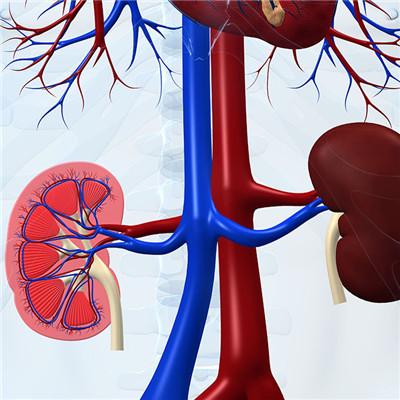
Second: high edema, high edema is a prominent manifestation of nephrotic syndrome visible to the naked eye, generally in the most obvious part of loose tissue, such as the most obvious and the earliest is eyelid edema, serious patients even thin and transparent skin, pleural effusion, ascites, skin slightly damaged will seep. Patients with high edema need to control their salt and water intake and stay in bed.
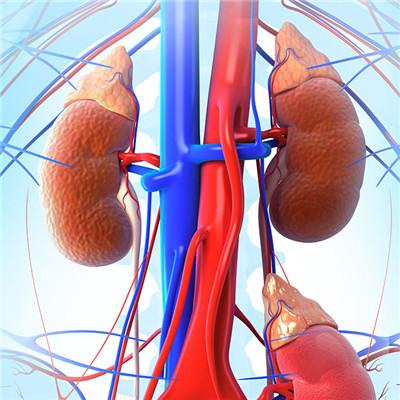
Third: Hyperlipidemia often coexists with hypoproteinemia, which has a certain impact on the progress of kidney disease, but some drugs for the treatment of kidney disease will aggravate hyperlipidemia, such as adrenocortical hormone. Therefore, the current use of lipid-lowering drugs in the treatment of hyperlipidemia.
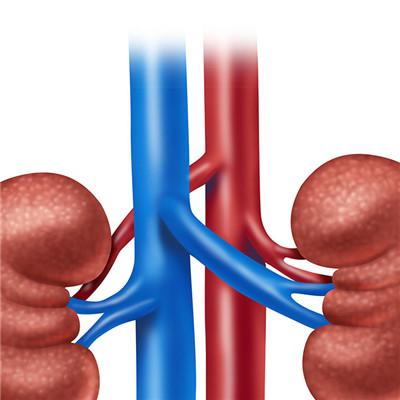
matters needing attention
Due to the formation of a large amount of proteinuria, a large amount of albumin is lost from urine, and the intake of human essential amino acids is insufficient, so we need to eat some foods rich in high-quality protein (such as freshwater fish, milk), which can not only control the daily protein intake, but also ensure the intake of human essential amino acids.


